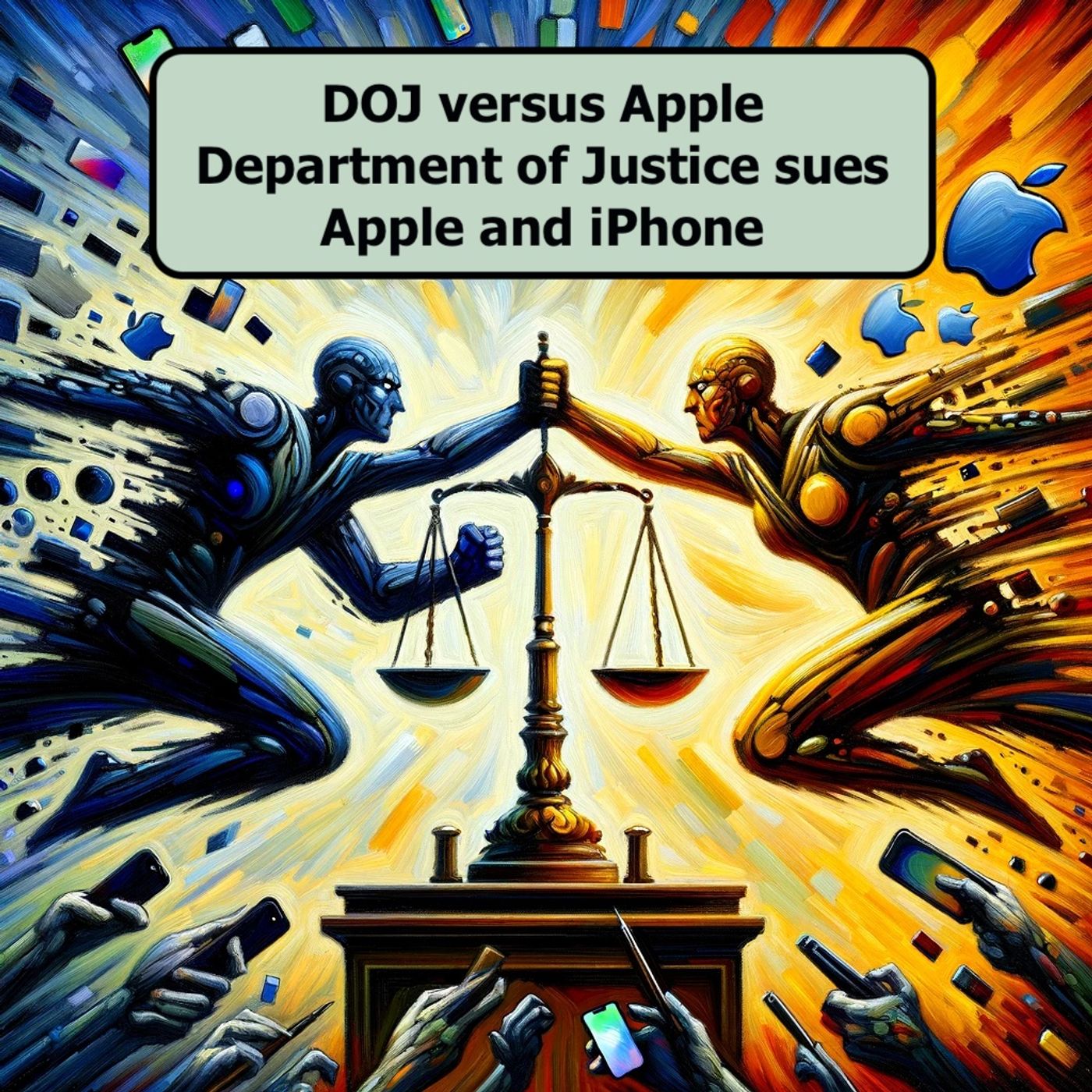 |
DOJ versus Apple - iSue the iPhoneAuthor: Inception Point Ai
The Department of Justice takes on the tech titan. Join us as we break down the landmark antitrust lawsuit against Apple, exploring allegations of monopolistic practices, unfair competition, and the future of the smartphone market. Language: en Genres: Business News, News Contact email: Get it Feed URL: Get it iTunes ID: Get it |
Listen Now...
"Civil Rights Groups Sue DOJ, DHS Over Alleged Pressure on Tech Firms to Remove Immigration Apps"
Thursday, 27 November, 2025
I need to let you know that based on the search results provided, there isn't current information about a Department of Justice suit against Apple from the past few days. The most recent development in my search results involves the Electronic Frontier Foundation filing a lawsuit against the Department of Justice and Department of Homeland Security, not the other way around. This lawsuit, filed on November twenty-first, seeks to understand whether federal officials unconstitutionally pressured Apple, Google, and Meta to remove immigration tracking apps.The case centers on Apple's October removal of an app called ICEBlock, which allowed users to report Immigration and Customs Enforcement activities in their communities. Attorney General Pam Bondi publicly credited the government's efforts in getting Apple to take down the app, citing safety concerns and claims that it put law enforcement at risk.What you may be thinking of is Apple's involvement in this controversy, but the legal action is being brought against the government by civil rights advocates, not by the government against Apple. The Electronic Frontier Foundation wants access to communications between federal agencies and tech companies to determine if First Amendment violations occurred.If you're looking for information about a different Department of Justice suit against Apple, I would need updated search results to provide you with accurate reporting. Could you clarify which specific case you're interested in learning about?Some great Deals https://amzn.to/49SJ3QsFor more check out http://www.quietplease.aiThis content was created in partnership and with the help of Artificial Intelligence AI






